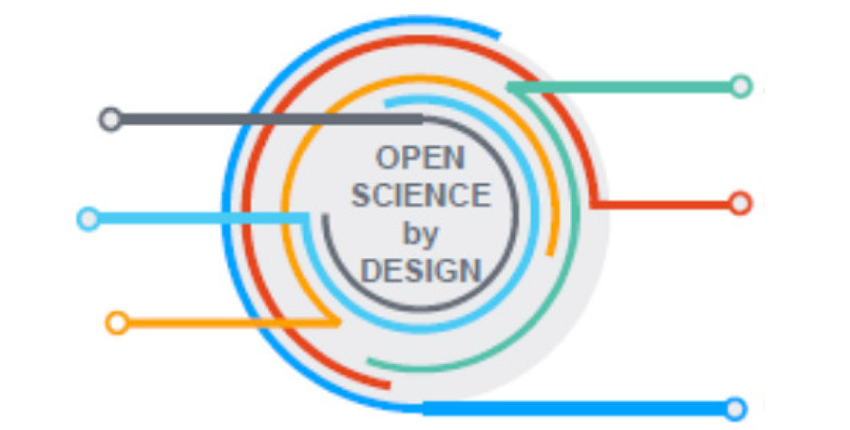
A National Academies committee chaired by DBMI’s Alexa McCray has released the results of its study on broadening access to the results of scientific research. The report, entitled Open Science By Design: Realizing a Vision for 21st Century Research, is freely available for download from National Academies Press.
As the report’s title suggests, the committee emphasizes the need for openness to be baked into the research process from the start. They outline a framework of principles and practices for each stage of the research life cycle:
- Provocation: explore or mine open research resources and use open tools to network with colleagues.
- Ideation: develop and revise research plans and prepare to share research results and tools under FAIR (Findable-Accessible-Interoperable-Reusable) principles.
- Knowledge generation: collect data, conduct research using tools compatible with open sharing, and use automated workflow tools to ensure accessibility of research outputs.
- Validation: prepare data and tools for reproducibility and reuse and participate in replication studies.
- Dissemination: use appropriate licenses for sharing research outputs and report all results and supporting information (data, code, articles, etc.).
- Preservation: deposit research outputs in FAIR archives and ensure long-term access to research results.
“We are at a critical point where new information technology tools and services hold the potential to revolutionize scientific practice,” said McCray. “Automated search and analysis of open publications and data can make the research process more efficient and more effective, working best within an open science ecosystem that spans institutional, national, and disciplinary boundaries.”